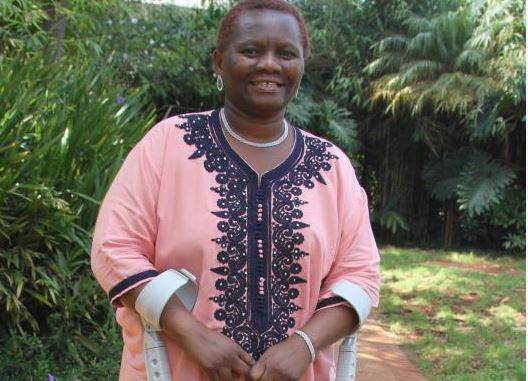×
The Standard e-Paper
Fearless, Trusted News

Back in the day, you might have found Senator Gertrude Musuruve unwinding in a pool after a long day.
For a woman who “never wasted a single hour” in her heydays as she will tell you, taking a dip in the swimming pool, doing powerful flutter kicks and feeling the subsequent rush of the water used to be the perfect way to unwind.